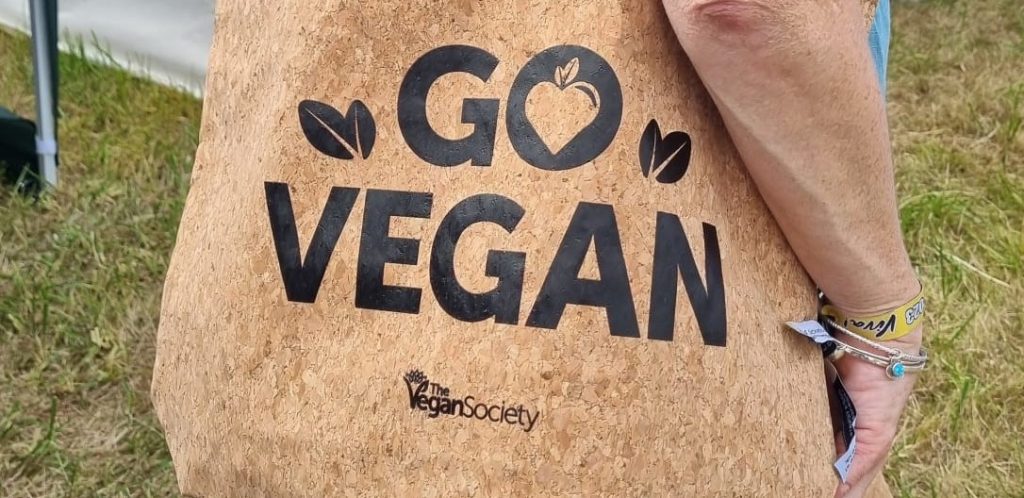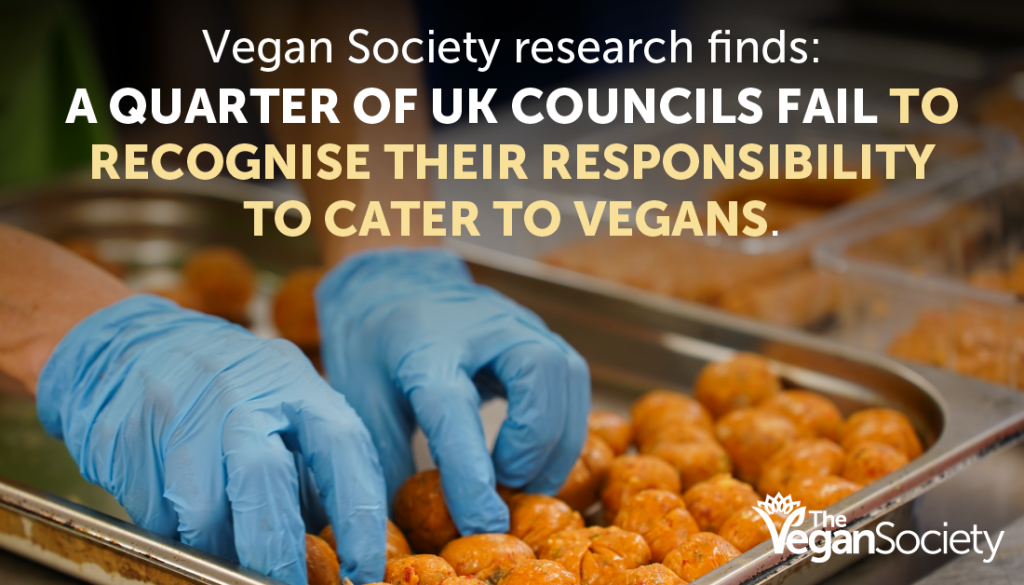
Salford City Council has been listed as the only “green” council in the North West according to research by The Vegan Society.
Salford City Council was one of only 19 found to be green out of a total 209 councils involved in the recently-published report.
The ‘Catering for Everyone’ report, aims to “understand how many councils across the UK make demonstrable efforts to be inclusive of vegans.”
According to The Vegan Society, green councils are “good examples of vegan-inclusive organisations that have…recognised the wider benefits of providing vegan food.”
Moreover, they have “detailed climate action plans that include commitments to reducing meat and dairy.”
The Vegan Society sent a number of freedom of information requests to hundreds of councils across the UK. The requests consisted of several questions “designed to reveal whether the council had taken steps to be inclusive of veganism and address meat and dairy consumption with regard to their environment goals.”

From this, the council revealed that in 56 primary schools across Salford they instigated the following:
- Introduced one meat-free day every three weeks from April 2023, increasing to one every fortnight in November and eventually one every week in April 2024.
- A meat-free hot meal option is available every day on all menus and available to all children.
- Worked alongside Pro-Veg, “a food awareness organisation working to transform the global food system by replacing 50 per cent of animal products globally with plant-based and cultivated foods by 2040”, to introduce more plant-based meals on the menu.
- Cooks trained by Pro-Veg on plant-based food/cooking.
- Introduced a theme day in 2022/2023 around climate change which was all plant-based and dairy free.
- Placed 5th in the 2022 Pro-Veg UK Green School Menu League for making school meals more sustainable, the only top five winner from the North West.
A spokesperson for The Vegan Society said: “In terms of why Salford council did well…when undertaking this research, we took into account whether councils acknowledged the fact that veganism is a protected characteristic in food provision.
“Whether the council served vegan options as standard in it’s onsite catering or required options in [their business] contracts and whether it had meat and dairy reduction plans.
We found that Salford compared favourably to other local authorities.”
Claire Ogley, The Vegan Society’s Head of Campaigns, Policy and Research, said: “Despite 40 per cent of consumers saying they want plant-based alternatives and the vegan food market growing almost 10 per cent in the last year, vegans still continue to face challenges in accessing healthy, nutritious food.
“With public sector menus frequently failing to consistently include a single vegan option.”
Claire continued: “We are calling on local councils and the UK government to guarantee a nutritious plant-based option on every public sector menu that is made available to everyone, every day, without requiring people to make a special request.”

The National Food Strategy revealed in 2021 that “one of the most effective ways to reduce carbon emissions and free up land for nature is to cut back on animal proteins.
“Plant-based proteins produce, on average, 70 times less greenhouse gas emissions than an equivalent amount of beef and use more than 150 times less land.”
The council has been contacted for a comment but have yet to respond.

The Vegan Society has published each council’s responses to the FOI requests on its website and encourages individuals who are interested in how their council have performed to access the information here.
The society is also keen to hear people’s experiences accessing plant-based food in the public sector, in hopes of “highlighting the issues vegans face” and also to “promote good practice.”















Recent Comments